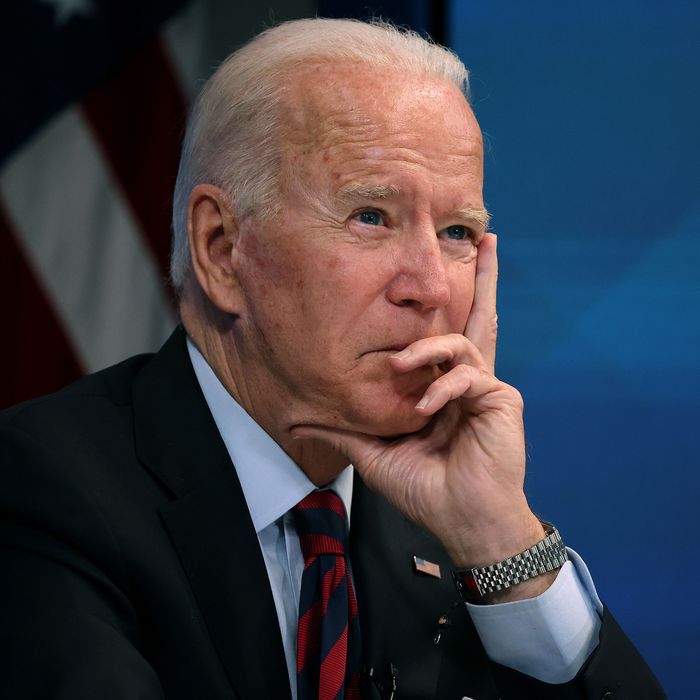 |
| Man's fate. |
It seems clear to begin with, that civilization is crumbling. Why?
Postmodernism is the immediate cause, perhaps. But postmodernism seems more symptom than disease. Postmodernism arises from the failure of the scientistic world view.
Scientism is the elevation of empirical science to a religion, to the fountain of all truth.
For heathen heart that puts her trust
In reeking tube and iron shard
But where does scientism’s attraction come from?
I think it is from scientism’s denial of a distinction between right and wrong. Granted, science has allowed technology and engineering to accomplish many things, giving it much prestige. Other tools, in other times, have achieved idolatrous status for the same reason: written language, or metalworking, or mathematics. We have seen in recent times superstitious reverence accorded to anything done with computers, or to radioactivity. The Frankenstein legend was based on a brief period in which newly-discovered electricity was thought to be the essence of life. But I think at least a large part of it is that science demands “objectivity.” That means, for scientism, assigning no particular value to anything. That means no right or wrong.
This is immensely liberating. Now we can all do as we like.
But we cannot. The attempt to behave just as we like comes up against an innate awareness of the difference between right and wrong.
Nietzsche wanted to argue that, without God, there was no longer any necessary morality.
“When one gives up the Christian faith, one pulls the right to Christian morality out from under one's feet. This morality is by no means self-evident ... By breaking one main concept out of Christianity, the faith in God, one breaks the whole: nothing necessary remains in one's hands.”
Nietzsche went mad; perhaps this was why. He was wrong. His conscience caught up with him. Perhaps this is what madness, psychotic madness, always is—one’s conscience catching up with one. For the “Christian” morality indeed is self-evident.
When we speak of “conscience,” we are tacitly acknowledging that the difference between right and wrong is self-evident.
Benjamin Franklin said so boldly in the core passage for the US Declaration of Independence:
“We hold these truths to be self-evident, that all men are created equal, that they are endowed by their Creator with certain unalienable rights, that among these are Life, Liberty and the pursuit of Happiness.”
This states the essence of social morality. All men are initially of equal moral worth. Their ultimate worth is determined by their actions. To deprive another of their life, their liberty, or their property, is the essence of immorality. (Jefferson had altered Locke’s prior “life, liberty, and property” to “life, liberty, and pursuit of happiness”; and I think wrongly. Pursuit of happiness is already covered by “liberty,” and property is not.)
It follows from the truth that all men are created equal that one must “do unto others as you would have them do unto you”—see them as equal to yourself, and treat them as equal. This Golden Rule is a phrase found almost verbatum in all the world’s moral codes; strong evidence, again, that it is self-evident.
Kant asserts again that the basic principle of morality is categorically imperative and impossible to deny. He phrases it as “act always as you could wish everyone else to act,” or, “treat others as an end, never a means.” These are simple reformulations of “do unto others.”
This imperative to act morally cannot be escaped. Nevertheless, there is an eternal desire to escape it and to deny it, in order to do what we will and see ourselves as superior, in effect as god. This is the eternal struggle between good and evil in every soul.
Quite simply, to continue to struggle to do what is right gets you to heaven, but inevitably through suffering—like Jacob wrestling with the angel, like St. Paul “fighting the good fight.” To stop struggling and cop to the claim that there is no evil, no Devil, no right or wrong, it doesn’t ultimately matter, gets you to hell. If you have started down this road and are lucky, you will instead through the offices of some good angel go mad, and through the madness recover the true path.













_-_The_Day_of_the_Dead_(1859).jpg/360px-William-Adolphe_Bouguereau_(1825-1905)_-_The_Day_of_the_Dead_(1859).jpg)


_(cropped).jpg)


_-_James_Tissot_-_overall.jpg)



















